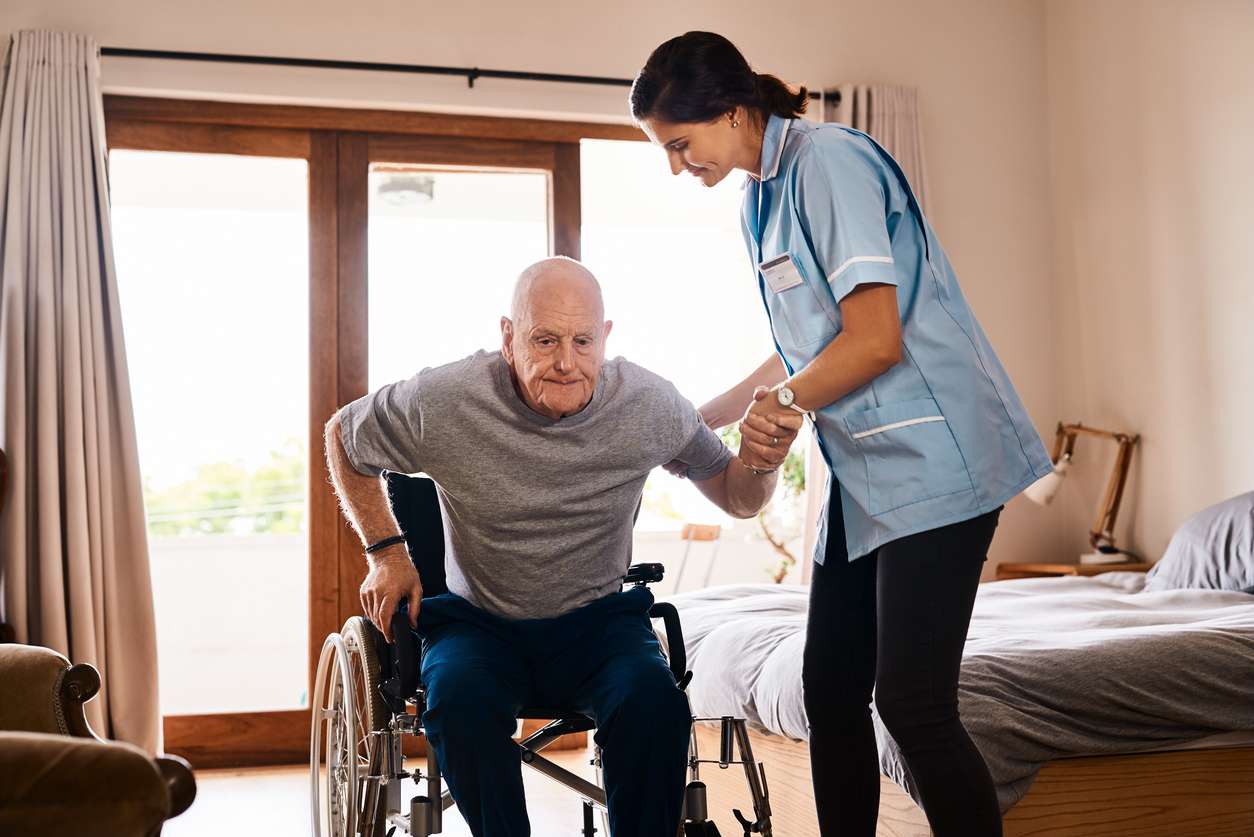Elderly Care Training: Skills for Caregivers and Home Care
Elderly care training equips people who support older adults with practical skills, safety knowledge, and an understanding of common age-related conditions. Effective programs combine hands-on practice, communication techniques, and ethical guidance so caregivers can support physical needs, daily routines, and emotional wellbeing. Training also helps clarify roles when coordinating with healthcare professionals and family members, improving outcomes for older adults in homes and care settings.

This article is for informational purposes only and should not be considered medical advice. Please consult a qualified healthcare professional for personalized guidance and treatment.
Elderly care: essential skills
Core elderly care skills cover personal care tasks, mobility assistance, medication awareness, and basic observation of health changes. Training typically teaches safe transfer techniques, fall prevention strategies, hygiene support, and how to recognize signs of dehydration, infection, or cognitive decline. These practical competencies reduce risk and improve comfort. Programs often include role-play and supervised practice so trainees build confidence in routine tasks and in responding calmly to common situations.
Senior care: assessing needs and planning
Senior care training emphasizes assessment and individualized planning. Trainees learn how to perform simple functional assessments—such as evaluating mobility, nutrition, sleep, and social engagement—so care plans reflect each older adult’s preferences and limitations. Effective plans address physical safety, emotional support, and social needs while supporting independence. Documenting observations and communicating changes to family or healthcare teams is a central part of planning and helps ensure continuity of care.
Caregiver training: communication and emotional support
Caregiver training focuses heavily on communication, empathy, and boundary-setting. Techniques include using clear, respectful language, active listening, and adapting communication for sensory or cognitive impairments. Managing challenging behaviors—common in dementia or mood disorders—requires de-escalation skills and strategies to maintain dignity. Training also covers caregiver wellbeing, stress management, and how to seek supervision or respite to prevent burnout, which benefits both caregiver and care recipient.
Healthcare coordination: working with professionals
Training prepares caregivers to collaborate with nurses, physicians, therapists, and community services as part of integrated healthcare. This includes understanding basic health information, recognizing when to escalate concerns, and safely carrying out delegated tasks like wound care or medication reminders where permitted. Good documentation, clear communication, and knowing how to access local services support timely interventions. Training often introduces common healthcare terms and workflows so caregivers can participate confidently in care discussions.
Home care: practical daily tasks and local services
Home care training addresses tasks specific to in-home support: meal preparation aligned with dietary needs, household safety modifications, and techniques for assisting with bathing, dressing, and toileting while preserving independence. Trainees learn to evaluate home environments and suggest practical adjustments. Familiarity with local services—transportation, adult day programs, and respite options—helps caregivers connect families to additional support. Practical skills combined with knowledge of community resources make home care more effective and sustainable.
Elderly care training can be delivered in multiple formats—community college courses, accredited certificate programs, online modules with practical assessments, or employer-provided orientation and supervised on-the-job training. Look for programs that include hands-on practice, assessment components, clear learning outcomes, and guidance on legal or regulatory aspects relevant to your area. Ongoing refresher courses and specialty modules (dementia care, palliative care, or infection control) help caregivers keep skills current and aligned with evolving healthcare guidance.
A thoughtful training approach balances technical competence, communication, and coordination with healthcare systems. Well-structured training supports safer daily care, clearer communication with professionals and family members, and better quality of life for older adults. As needs change with aging, continuous learning and connection to appropriate local services help caregivers adapt care plans responsibly and respectfully.






